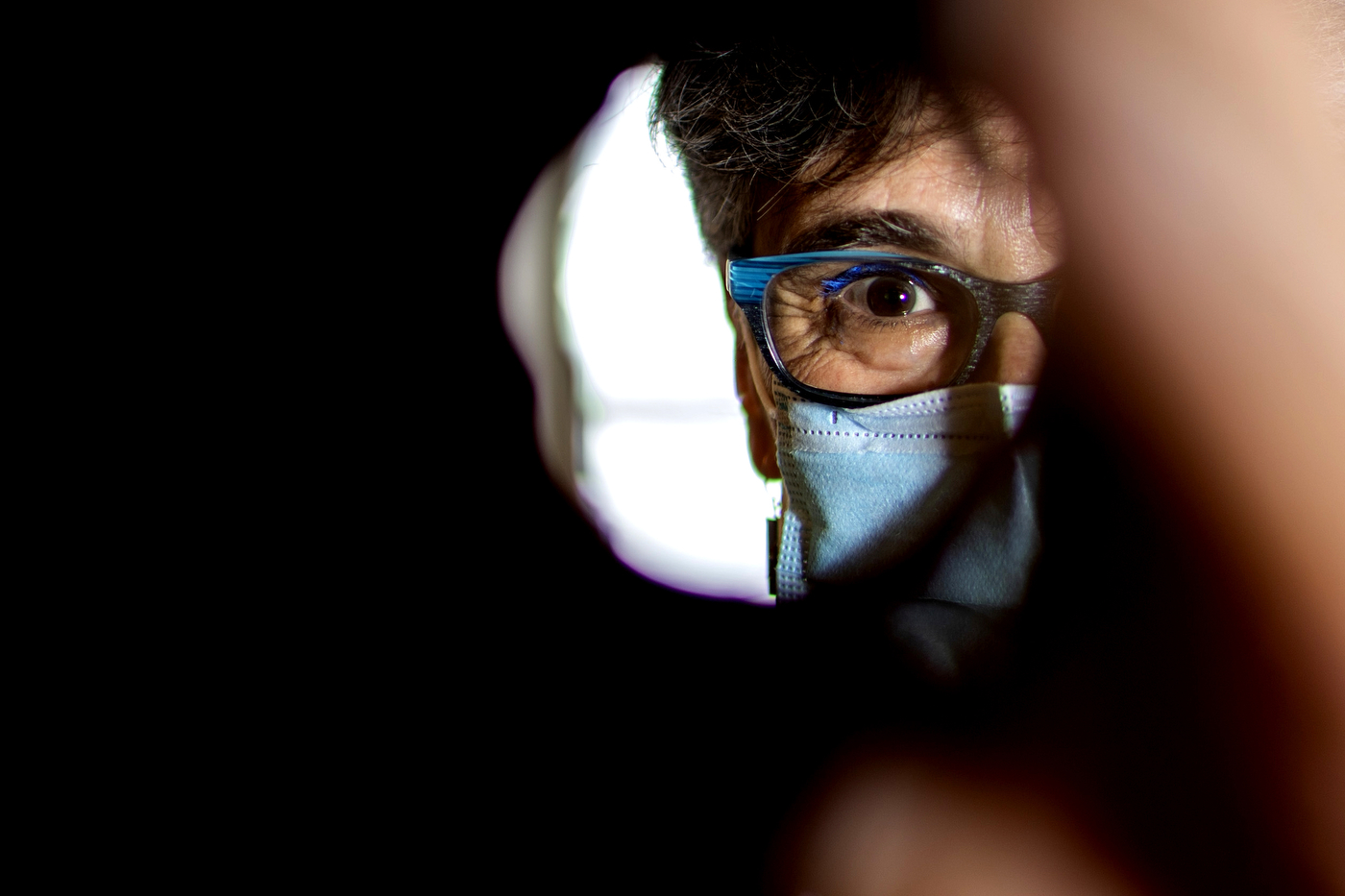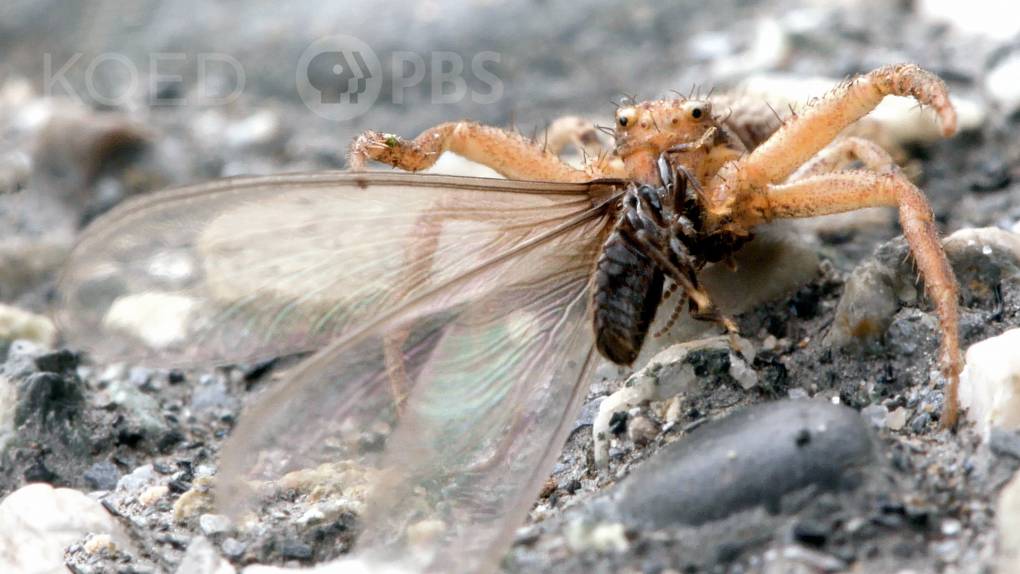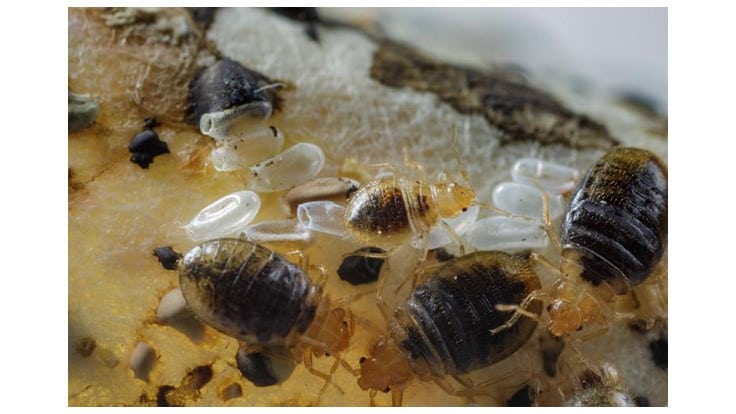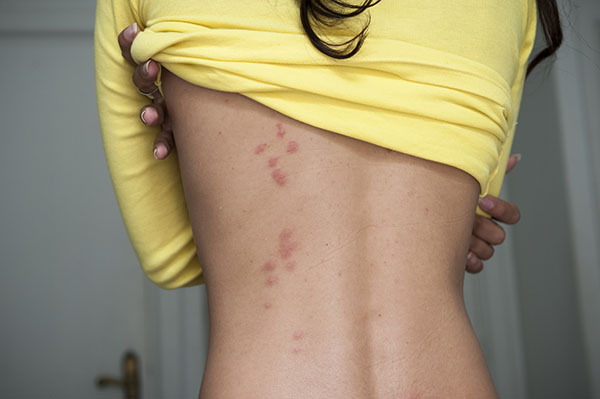Large bed bugs have infiltrated an Ithaca Neighborhood Housing Services (INHS) property at 210 Hancock Street in Ithaca, says a resident of the building, who asked to remain anonymous.
The building at 210 Hancock St. is mostly Section 8 subsidized housing and was dealing with a previous bed bug infestation in 2019.
At that time, the bed bugs originally only infested one apartment. However, after INHS called in maintenance personnel to spray the site, the bed bugs began to spread to the third and fourth floors of the building. As a result, the resident says the previous property manager was fired and there have been annual inspections of all apartments in the building.
Recently, the anonymous resident said he saw INHS workers spraying hallways, as well as a specialist inspecting sticky traps in the laundry room. However, the resident said that when asked to explain what they were doing, they “gave vague or even nonsensical answers, as if they were generally looking for insects or spraying for spiders.”
The resident added he found a bed bug in his laundry room and was told by the new property manager that “all apartments on the third and fourth floors” would be sprayed “regardless of bed bug status”. Additionally, the resident said that “the inspectors hadn’t changed gloves between apartments, nor had they put on foot protection” – which could be one of the reasons the bugs were able to outwit the inspectors.
Another tenant has said the bugs are still present on his floor of the building after being sprayed by inspectors and the bites continue to bother his granddaughter.
“I am confident that INHS will continue to mismanage bed bugs,” the tenant said.
A Rutgers University report on bed bugs in affordable housing in New Jersey found that one in eight low-income homes had a bed bug infestation, and more than half the time residents and building owners were unaware.
A total of 26 percent of properties are affected by bed bug infestations, 12 percent have an existing infestation, and more than half of residents (53 percent) were not even aware they had an infestation. Worse, 67 percent of administrative offices were unaware of the infestation.
The report goes on to explain that bed bugs are prevalent in low-income homes because management hires low-quality pest control services that use ineffective treatments such as “relying on sprays rather than IPM.” IPM stands for “Integrated Pest Management,” which the EPA says includes a number of non-chemical methods “such as heat treatment or freezing or mattress and box spring wrapping.”
IPM also requires frequent monitoring of the bed bug population to assess treatment effectiveness and re-treating the area until no bed bugs are found.
In response, Justina Fetterly, director of community relations, told the Ithaca Times that the health and safety of tenants is “the number one priority” at INHS. She added that INHS is working with a pest control company to “fix the situation safely.”
“The spray is essential to the process and in no way poses a risk to the health of tenants,” Fetterly said. “We’re working to convey that to everyone in the building.”
Fetterly added that “any tenants being treated may apply for reasonable accommodation during the bed bug control process.” If the application is granted, INHS will provide them with temporary accommodation at a local hotel and cover all expenses.
Renters who are granted a lodging request will also receive a $20 gift card to help cover laundry and cleaning costs. However, according to Fetterly, no tenant has yet applied.






